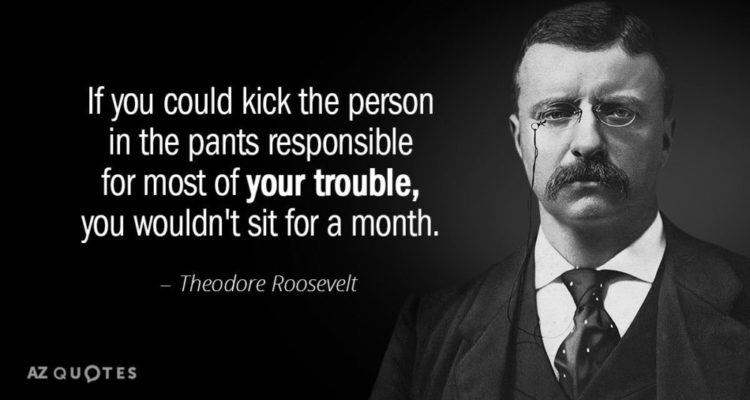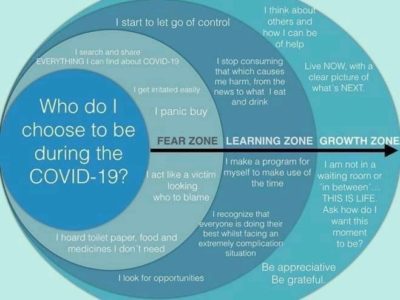https://med.stanford.edu/covid19/covid-counter.html
We are all praying that Dr. Anthony Fauci and other top officials successfully complete their current quarantine after potential exposure to the coronavirus. In the meantime, information and statistics remain crucial weapons in the fight against further outbreaks of COVID-19. As America and other countries reopen after two months of lockdown, we still have much to learn about the disease. Epidemiologists will still need to crunch data about rates and methods of infection to determine how the disease is transmitted until we develop and distribute a safe and effective vaccine. Experts say this could take as long as two years.
In the meantime, there is an easy way you can help. The Stanford University Medical School is conducting a survey by Internet of Americans to improve the tracking of the disease. They are attempting to determine if potential hotspots can be identified simply by asking how people are feeling and whether they are experiencing any of coronavirus symptoms. After completing a short initial survey on relevant demographic information and the symptoms, you will receive a daily e-mail asking simply if you are feeling better, the same or worse and whether you have any symptoms of COVID-19. It takes less than a minute to complete and the link is at the top of this post. I have been participating for the last two weeks. The more people who participate, the more reliable the study will be and the more we can target our efforts on the truly vulnerable.
Please consider taking the short period of time to complete the survey and participate daily. Working together, we can keep America healthy and open while we look for treatments and the holy grail of a vaccine.


